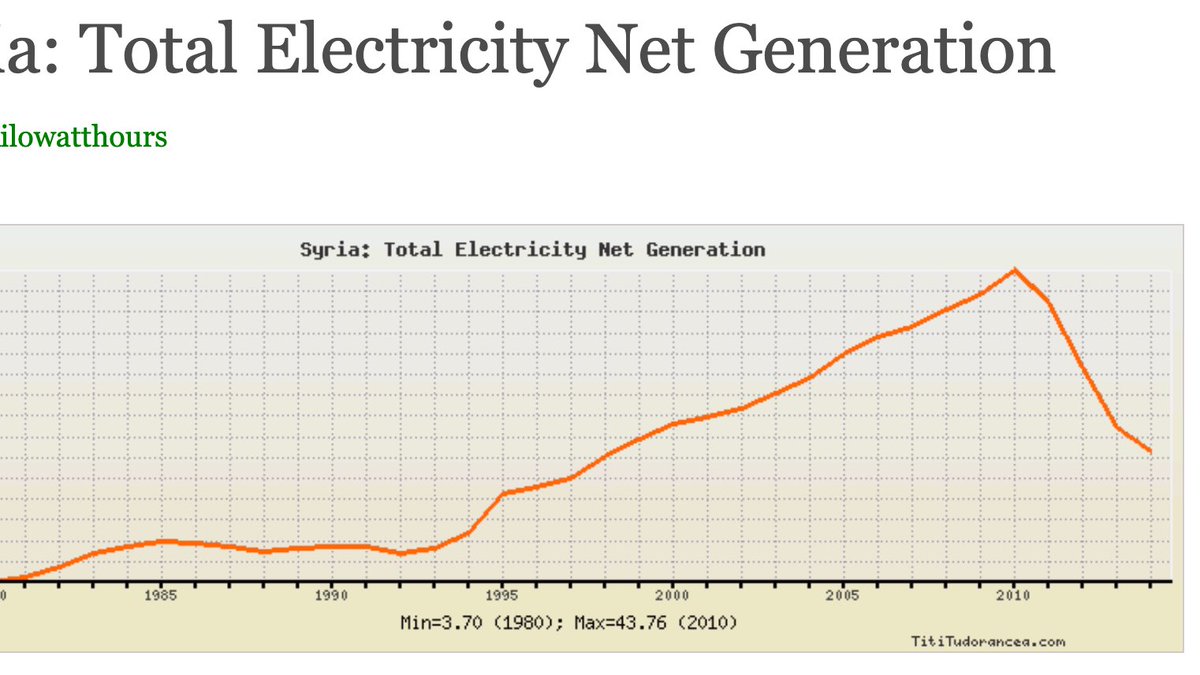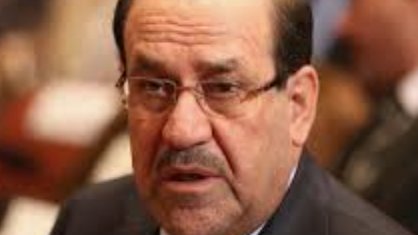
A Saudi-Syr-Dutch firm has partnered with a French firm to build in Syria.
This is much needed to alleviate Syria's crisis. Building on two major electric plants in Syria has come to a stand-still because of US's latest sanctions.
Will US Treasury stop this effort?
This is much needed to alleviate Syria's crisis. Building on two major electric plants in Syria has come to a stand-still because of US's latest sanctions.
Will US Treasury stop this effort?
https://twitter.com/Karam__Shaar/status/1385497285979635716
Here is the news on how sanctions are keeping Syrians in the dark - many with only 1 or 2 hours of electricity a day.
If one believes that sanctions will force Assad to step aside, the suffering & privation caused by sanctions may be worth it.
https://twitter.com/joshua_landis/status/1381805583582564360
If one believes that sanctions will force Assad to step aside, the suffering & privation caused by sanctions may be worth it.
If sanctions are simply an effort to turn Syria into a quagmire for Russia & Iran or to keep the government weak with no plan for change or improvement, they are an inhuman exercise in geostrategic one upmanship. 

If decreasing Iran's influence in Syria is the objective, encouraging Saudi & European investment in reconstruction is the answer. Western & Arab influence in Syria will grow with investment.
Sanctions only create a protected zone for RU, China & Iran which get the contracts.
Sanctions only create a protected zone for RU, China & Iran which get the contracts.

"The governments of Russia, Iran and China have already secured huge contracts in the hydrocarbons, minerals, telecommunications, construction and electricity sectors among others."
globalriskinsights.com/2018/02/syria-…
Via @Solomon_Chris
globalriskinsights.com/2018/02/syria-…
Via @Solomon_Chris
Syria’s Electrical Sector Losses since 2010 are estimated at $2.4 Billion by Electricity Ministry
Syria's electric capacity has deteriorated by 50%, indicating that most of the generating stations have been destroyed or damaged.
syrianobserver.com/news/65405/ele… via @observesyria
Syria's electric capacity has deteriorated by 50%, indicating that most of the generating stations have been destroyed or damaged.
syrianobserver.com/news/65405/ele… via @observesyria
• • •
Missing some Tweet in this thread? You can try to
force a refresh






